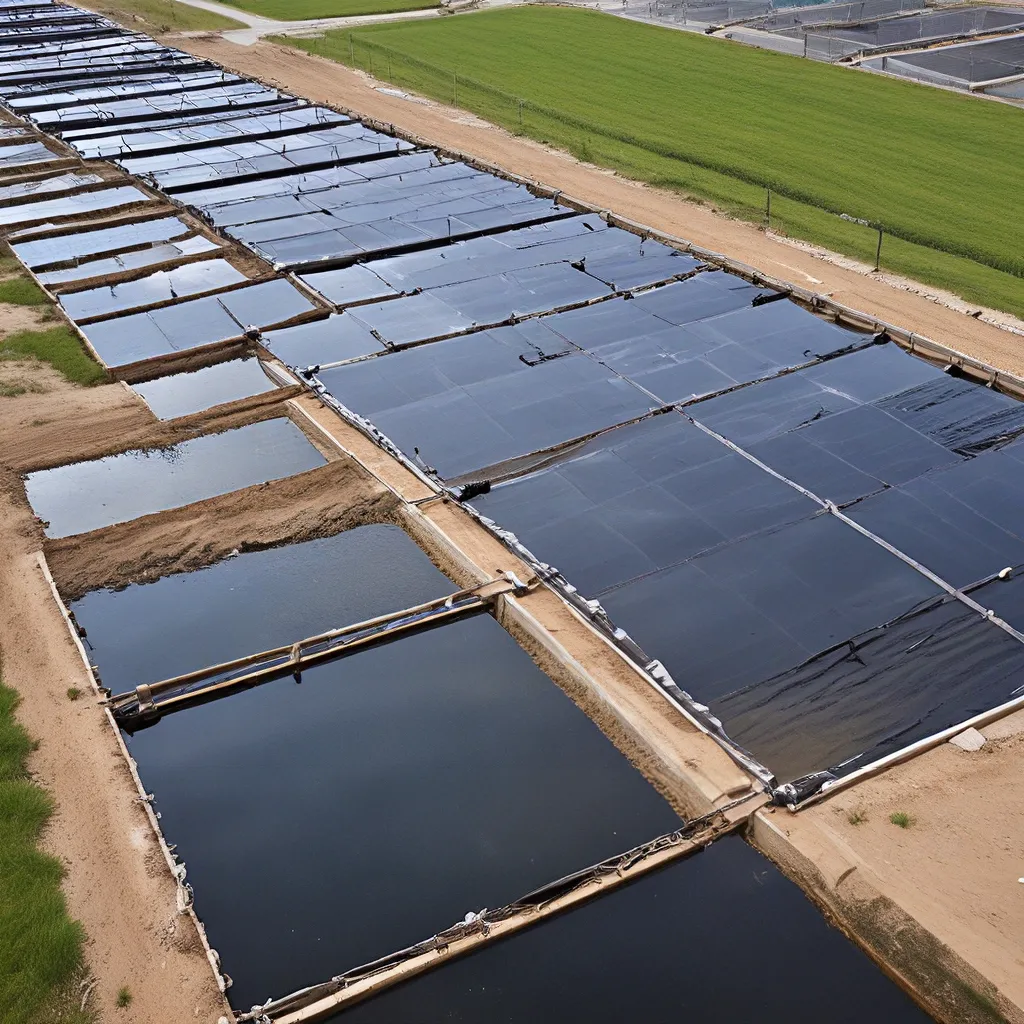
Harnessing the Power of Nature: Bioelectrochemical Systems in Wastewater Treatment
As an environmental enthusiast, I’ve always been fascinated by the incredible potential of bioelectrochemical systems (BES) in revolutionizing the way we approach wastewater treatment. These innovative technologies truly hold the key to unlocking the untapped energy within our wastewater streams – and I can’t wait to share their remarkable story with you.
Imagine a world where the very process of cleaning our water could generate clean, renewable energy – a world where the byproducts of wastewater treatment are transformed into valuable resources. That’s the captivating vision at the heart of bioelectrochemical systems, and it’s a reality that’s closer than you might think.
The Science Behind Bioelectrochemical Systems
At their core, bioelectrochemical systems harness the power of electrochemically active microorganisms to generate electricity or other valuable products from organic matter in wastewater. These remarkable microbes, known as exoelectrogens, have the ability to transfer electrons outside their cells and onto an electrode, creating a microbial electrochemical cell.
Researchers have made significant strides in understanding the complex mechanisms underlying this process, and their findings have opened up a world of possibilities. By carefully engineering the conditions within a BES, we can optimize the performance of these microbial power plants, extracting maximum energy from wastewater while simultaneously treating it.
The Versatility of Bioelectrochemical Systems
One of the most remarkable aspects of bioelectrochemical systems is their versatility. These innovative technologies can be tailored to address a wide range of wastewater treatment challenges, from municipal sewage to industrial effluents.
For example, government researchers have demonstrated the use of BES systems in treating high-strength industrial wastewater, such as those from food processing or pharmaceutical industries. By harnessing the power of exoelectrogens, these systems can effectively remove organic pollutants while simultaneously generating electricity – a true win-win scenario.
But the applications don’t stop there. Bioelectrochemical systems have also shown promise in nutrient recovery, with the ability to extract valuable compounds like phosphorus and nitrogen from wastewater. This not only reduces the environmental impact of nutrient-rich effluents but also creates new revenue streams for wastewater treatment facilities.
The Future of Bioelectrochemical Systems
As exciting as the current capabilities of bioelectrochemical systems are, the true potential of this technology lies in its ongoing evolution. Federal researchers are continuously exploring new ways to optimize these systems, pushing the boundaries of what’s possible.
One particularly intriguing area of research is the integration of BES with other wastewater treatment technologies. By combining the energy-generating capabilities of bioelectrochemical systems with the efficiency of traditional treatment processes, we can create truly hybrid, self-sustaining systems that can revolutionize the way we approach wastewater management.
Moreover, there’s a growing focus on scaling up these technologies to industrial and municipal levels. As the performance and cost-effectiveness of BES systems continue to improve, I’m confident we’ll see a rapid expansion of their adoption, transforming wastewater treatment facilities into hubs of renewable energy production.
Embracing the Future of Wastewater Treatment
Ultimately, the rise of bioelectrochemical systems represents a paradigm shift in the way we think about wastewater treatment. Instead of seeing it as a costly necessity, we can now envision a future where wastewater is a valuable resource – a source of clean energy and sustainable materials.
At Alpha Wastewater Services, we’re committed to embracing this exciting future. We’ve been closely following the advancements in bioelectrochemical systems, and we’re eager to explore the possibilities of integrating these technologies into our comprehensive wastewater treatment solutions.
So, if you’re as fascinated by the potential of bioelectrochemical systems as I am, I encourage you to keep an eye on this rapidly evolving field. The future of wastewater treatment is here, and it’s brighter than ever.